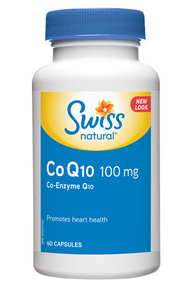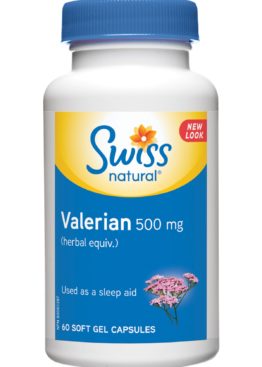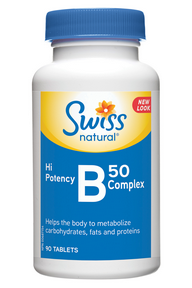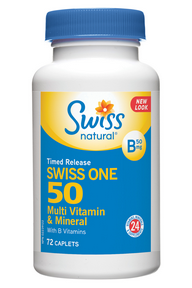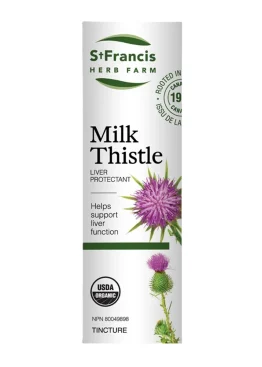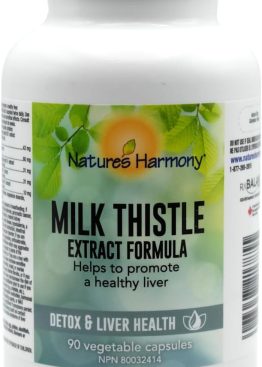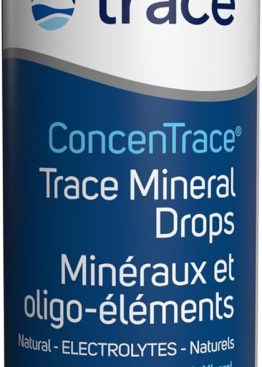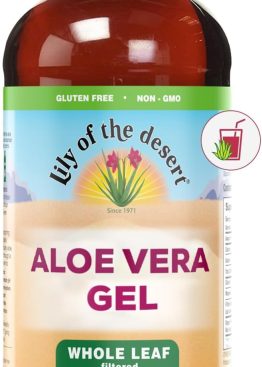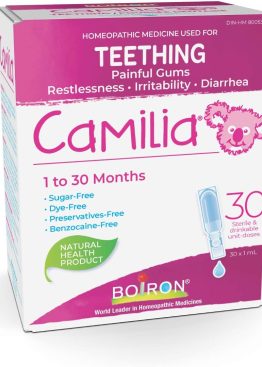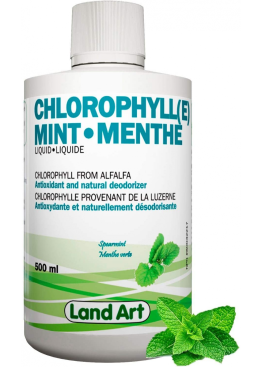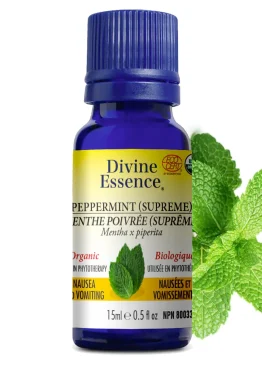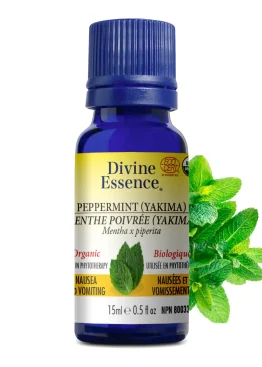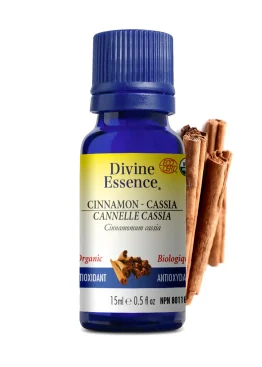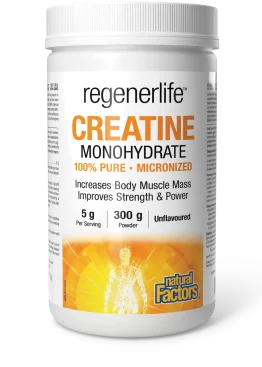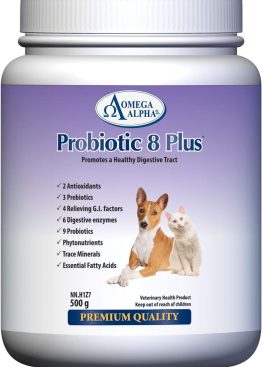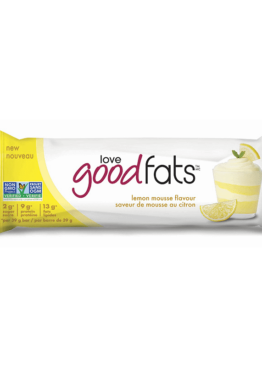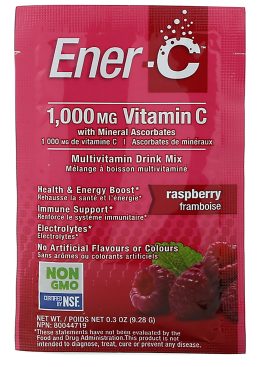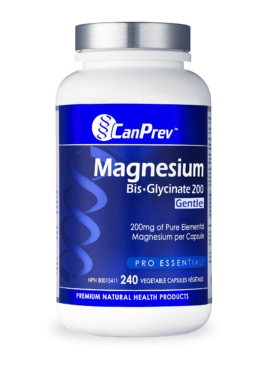Description
30MG MODERATE POTENCY COQ10 FROM SWISS HERBAL.
Important for the production of cellular energy, Coenzyme Q10 also stimulates immune function and has anti-aging effects. This 30 mg moderate potency is ideal for daily support to promote a healthy heart and provide antioxidant protection. [CAPSULE]
- 30mg
- CoEnzyme Q10 (Ubiquinone)
Dicalcium Phosphate, Microcrystalline Cellulose, Magnesium Stearate, Gelatin and purified water.
- Promotes Cardiovascular Health
- Aids In Energy Production
- Moderate 30mg Dosage
- Provides Antioxidant Protection
- Easy To Swallow Capsule
- Coenzyme Q10Coenzyme Q10 is one of the ten types of coenzyme Q that are found in nature, but the only one that is used by humans. It is a fat-soluble antioxidant. This means that it can work in areas like our mitochondria (the powerhouse of the cell) and cell membranes, to deactivate harmful free radicals. Coenzyme Q10’s antioxidant properties neutralize free radicals and therefore reduce damage in tissues.It has anti-aging properties because as an antioxidant it protects the body against environmental pollutants other substances that and lead to aging. Coenzyme Q10 is especially important in areas of high metabolic activity because it is involved in the production of ATP, the primary source of energy for our body. Deficiency of coenzyme Q10 is so harmful that low levels of this nutrient have been linked to heart attack. Coenzyme Q10 is an important supplement for use in cardiovascular disease, hypertension, aging, obesity, chemotherapy, chronic fatigue syndrome, AIDS, allergies, ulcers, diabetes and periodontal disease.
Coenzyme Q10 is present in our food in small amounts. Supplements vary widely in quality and price. Most supplements are fat-soluble which can be a problem for those with an impaired ability to digest fats. Newer technology makes coenzyme Q10 water-soluble and claims to improve the body’s uptake by up to three times. It can be found in formulas for enhancing cardiovascular health and preventing age related disease. It is often combined with other antioxidants. Another name for coenzyme Q10 is ubiquinone.
CoQ10 and Heart Health
The cardiovascular system consists of the heart and approximately 60 thousand miles of blood vessels, called arteries and veins. The heart pumps blood around the body. The vessels nourish cells by transporting nutrients and waste products, through the blood, around the body.
Any interruption in blood supply, for example a heart attack or stroke, causes tissue death so the maintenance of a healthy cardiovascular system is essential.
Some medications deplete heart supporting nutrients like coenzyme Q10, magnesium, potassium and zinc. Ironically several of these medications are used to treat cardiovascular disease. Cholesterol lowering medication can deplete coenzyme Q10. Diuretics, used for high blood pressure, increase the excretion of minerals like magnesium and potassium. This can cause problems maintaining heart rhythm and lead to muscle spasms. ACE inhibitors deplete zinc. Beta-blockers deplete coenzyme Q10.Deficiency of coenzyme Q10 is so harmful that low levels of this nutrient have been linked to heart attack.
High Cholesterol
Cholesterol is not all bad; it is the amount and the ratio of the various forms of cholesterol that are a health concern. LDL (low density lipoprotein) cholesterol is fat that is being transported from the liver for use by your cells. It is commonly called bad cholesterol. HDL (high density lipoprotein) cholesterol is called good cholesterol because it is fat that is being taken unused cholesterol from your cells back to the liver, where it is broken down. Cholesterol levels are unhealthy if you have lots of circulating LDL, not enough HDL or a combination of the two.Dietary cholesterol is different than the serum cholesterol mentioned above. Although eating foods that are high in cholesterol does raise serum cholesterol levels the liver is responsible for making cholesterol when needed. Thus a cholesterol reduction plan should include a low cholesterol diet with other treatments to help to reduce serum cholesterol. Genetics also plays a role in high cholesterol.
Conventional treatment of high cholesterol with lipid lowering drugs decreases serum cholesterol but makes only small improvements to your chance of developing heart disease. Plus these drugs have many side effects. The most troublesome is the increased risk of depression and suicide amongst medicated individuals. The drugs also deplete vital nutrients for heart health such as coenzyme Q10. These medications can interact with natural products. Consult a health professional before starting any new therapy.
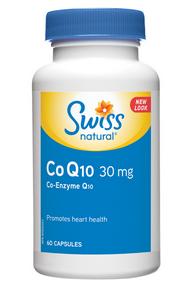
 Caps
Caps